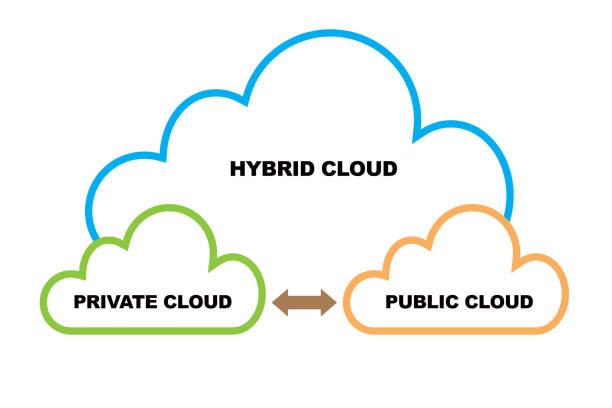1. Reduced Cost- Cost is a key point of consideration while shifting to cloud computing for many organizations. Hybrid Cloud is the perfect and cost-effective way for those organizations that want to secure their data and also have control over it through Cloud Computing.
2. Better Support- Desktop virtualization is a key advantage for companies with a distributed and increasingly global and remote workforce that is granted by Hybrid Cloud systems. It helps the organizations with the flexibility of support to their employees who are scattered over a vast geographical area.
3. Innovation and Agility- The quality of responding to sudden changes in demand is a key factor for innovation and it can only happen if the process is agile. Hybrid Cloud system optimizes IT performances increasing the speed and gives an organization the edge over its competitors.
4. Continuity of Business- It reduces potential downtime and increases business continuity. It means in times of disaster or failure, the business continues as usual with as little downtime as possible.
5. Improved Security- It reduces the exposure of data and grants better control and improved security to the client. Organizations can select where to store their data, based on policy, compliance or security requirements.


